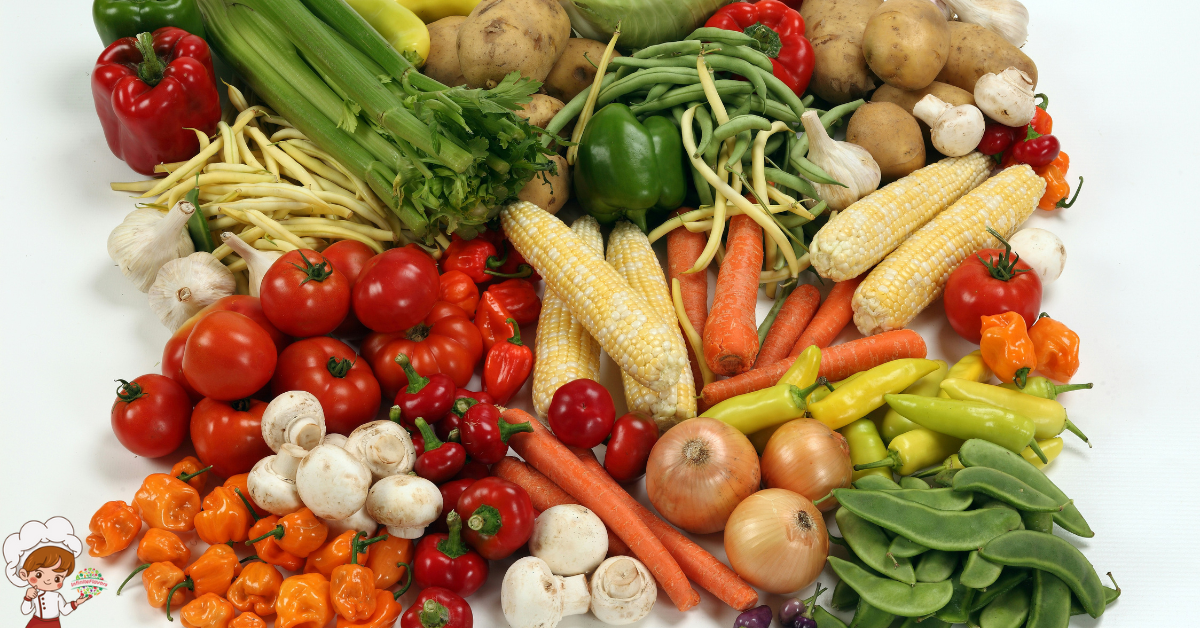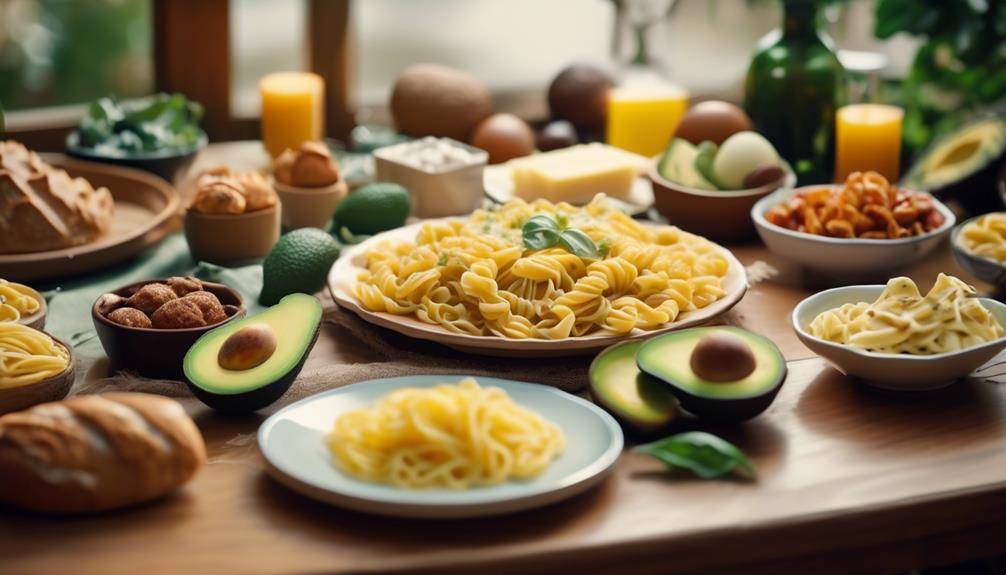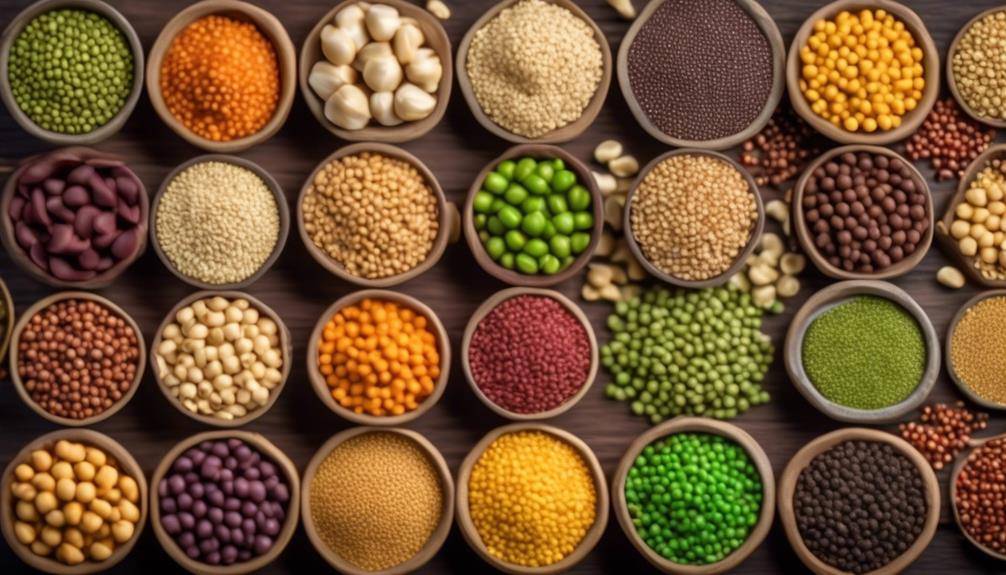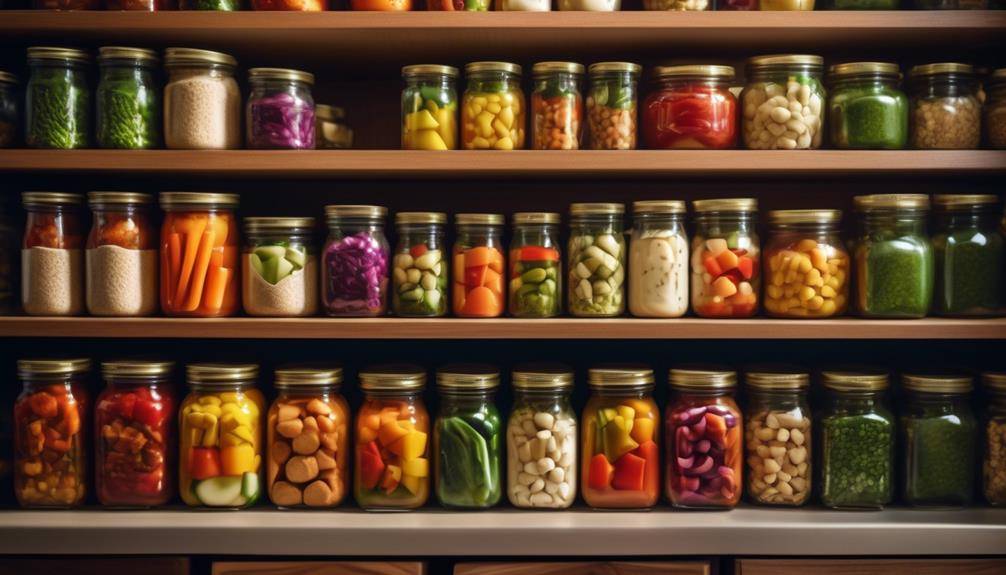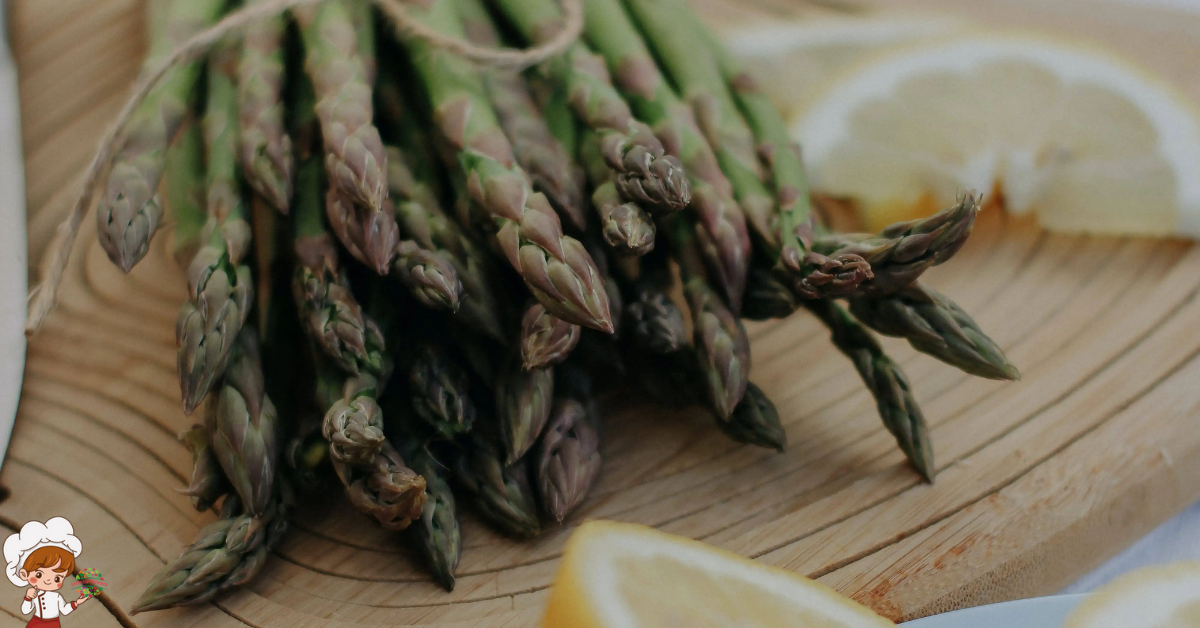How To: Vegan Dietary Requirements for Teenagers
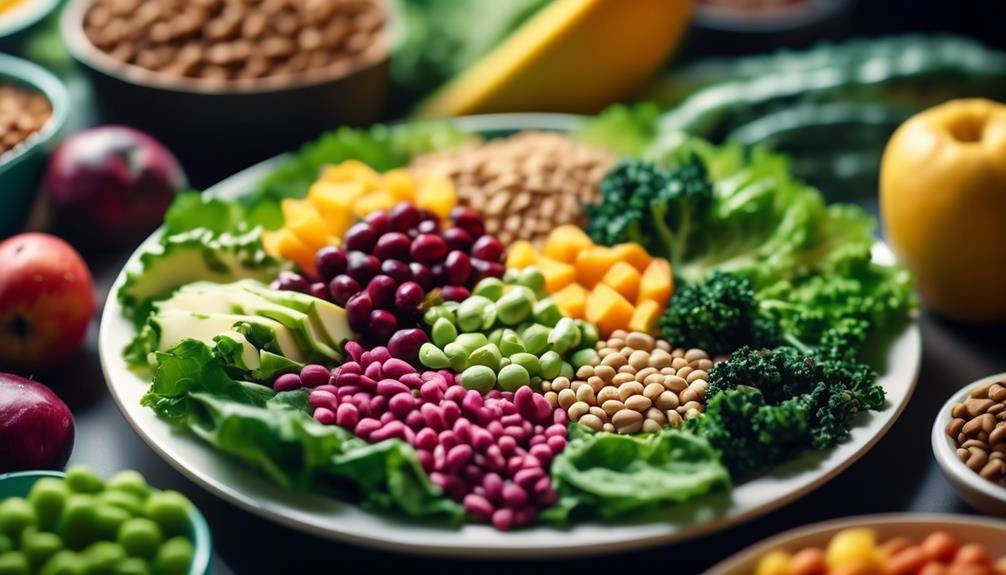
Are you a teenager looking to adopt a vegan diet? You may be wondering about the Vegan Dietary Requirements for Teenagers that come with this lifestyle choice. Well, look no further! In this discussion, we will explore the essential nutrients that vegan teenagers need to thrive. From plant-based protein sources to meeting your vitamin B12 needs, we will cover it all. So, whether you’re considering going vegan or are already on this journey, get ready to discover the key elements of a balanced vegan diet for teenagers. Stay tuned for some valuable tips and insights that will help you make informed choices about your health and well-being.
Why Choose a Vegan Diet as a Teenager
Choosing a vegan diet as a teenager offers numerous health benefits, supports ethical values, and contributes to a sustainable future. As a teenage athlete, adopting a vegan diet can enhance your athletic performance and overall well-being.
The benefits of a vegan diet for teenage athletes are plentiful. Firstly, a plant-based diet provides all the necessary nutrients, such as carbohydrates, proteins, and fats, to fuel your body for intense physical activity. It can also improve your recovery time by reducing inflammation and oxidative stress due to the high levels of antioxidants found in fruits, vegetables, and whole grains. Additionally, a vegan diet can promote a healthy weight, lower blood pressure, and reduce the risk of chronic diseases like heart disease and diabetes.
However, transitioning to a vegan diet as a teenager may present some challenges. One of the main concerns is ensuring you meet your nutritional needs, particularly for nutrients like vitamin B12, iron, calcium, and omega-3 fatty acids. Planning your meals carefully and incorporating fortified foods or supplements can help address these potential deficiencies. Another challenge may be social pressures and limited options when dining out or attending social events. However, with proper planning and communication, it is possible to navigate these situations and still enjoy a vegan lifestyle.
It is crucial to consult with a healthcare professional or a registered dietitian who specializes in plant-based diets to ensure you are meeting your nutritional needs as a teenage vegan athlete. They can provide personalized guidance and help you create a well-balanced meal plan to support your athletic performance and overall health.
Essential Nutrients for Vegan Teens
To maintain optimal health as a vegan teen, it is important to ensure you are getting all the essential nutrients your body needs. While a plant-based diet can provide most of these nutrients, there are a few key ones that require special attention. These include vitamin B12, omega-3 fatty acids, iron, calcium, and vitamin D.
Nutritional Needs
A vegan teenager’s nutritional needs can be met by ensuring they consume a well-planned and varied diet rich in essential nutrients. Here are four key nutrients that vegan teens should focus on:
- Protein: Plant-based sources such as beans, lentils, tofu, tempeh, and quinoa are excellent sources of protein. Including a variety of these foods in meals and snacks can help meet protein requirements.
- Calcium: Fortified plant milk, tofu, leafy greens like kale and broccoli, and calcium-set tofu are good sources of calcium. Including these foods in the diet can help maintain strong bones and teeth.
- Iron: Plant-based sources like legumes, fortified cereals, quinoa, and dried fruits provide iron. Consuming vitamin C-rich foods like citrus fruits or bell peppers alongside iron-rich foods can enhance iron absorption.
- Vitamin B12: This essential nutrient is mainly found in animal products, so vegan teens should consider taking a B12 supplement or consuming fortified plant-based foods like breakfast cereals or plant milk.
Plant-Based Sources
Plant-based sources offer a wide range of essential nutrients that are vital for the healthy development and growth of vegan teens. When it comes to plant-based protein alternatives, there are several options to ensure that your teen gets enough protein in their diet. Legumes such as beans, lentils, and chickpeas are excellent sources of protein. Quinoa, tofu, tempeh, and seitan are also great choices. Additionally, nuts and seeds like almonds, chia seeds, and hemp seeds provide not only protein but also healthy fats.
Incorporating these plant-based protein alternatives into your teen’s meals can help meet their nutritional needs. Vegan meal planning tips can make it easier to ensure a well-rounded diet. Plan meals in advance, include a variety of fruits and vegetables, and consider adding fortified foods like plant-based milks and cereals to ensure they are getting all the necessary vitamins and minerals.
Plant-Based Protein Sources for Teenagers
Teenagers can easily meet their protein needs through a variety of nutrient-rich, plant-based sources. Plant-based protein alternatives offer a wide range of options that can provide the necessary nutrients for growing bodies. Here are four plant-based protein sources that can help teenagers meet their protein requirements:
- Legumes: Foods like lentils, chickpeas, and black beans are excellent sources of plant-based protein. They are also rich in fiber, iron, and other essential vitamins and minerals. Adding legumes to meals can not only increase protein intake but also contribute to overall health.
- Nuts and Seeds: Almonds, walnuts, chia seeds, and hemp seeds are great sources of protein for teenagers. They can be easily incorporated into meals, snacks, or even smoothies. Nuts and seeds also offer healthy fats, fiber, and various essential nutrients.
- Whole Grains: Foods like quinoa, brown rice, and oats are not only rich in carbohydrates but also contain a good amount of protein. Whole grains are versatile and can be used in various dishes, such as salads, stir-fries, and grain bowls.
- Soy Products: Soybeans and soy-based products like tofu and tempeh are complete protein sources, meaning they contain all the essential amino acids. These products are highly versatile and can be used in a variety of dishes, making them a valuable addition to a teenager’s diet.
It’s important for teenagers to consume a variety of plant-based protein sources to ensure they are getting all the necessary amino acids and nutrients. By including legumes, nuts and seeds, whole grains, and soy products in their diet, teenagers can easily meet their protein requirements while enjoying a diverse and nutritious plant-based diet.
Calcium and Bone Health on a Vegan Diet
To ensure optimal bone health on a vegan diet, it is essential to prioritize calcium intake and incorporate calcium-rich foods into your meals. Calcium is a vital mineral that plays a crucial role in maintaining strong bones and teeth. While dairy products are often considered the primary source of calcium, there are plenty of plant-based alternatives available that can meet your dietary needs.
Research on vegan bone health has shown that individuals following a plant-based diet can meet their calcium requirements without consuming dairy products. In fact, studies have found that vegans can have similar bone mineral density levels to non-vegans. This is due to the abundance of plant-based calcium alternatives that are available.
Some excellent plant-based sources of calcium include leafy greens like kale, broccoli, and bok choy. These vegetables are not only rich in calcium but also provide additional vitamins and minerals that are beneficial for bone health. Other sources of plant-based calcium include fortified plant milk, tofu, tempeh, and calcium-fortified orange juice.
Incorporating these calcium-rich foods into your meals is crucial for maintaining healthy bones. It is recommended that teenagers consume around 1,300 milligrams of calcium per day to support their growing bones. By including a variety of plant-based calcium alternatives in your diet, you can easily meet this requirement.
Iron and Zinc: Ensuring Adequate Intake
Maintaining a well-rounded vegan diet not only supports bone health through adequate calcium intake but also ensures the sufficient intake of iron and zinc for overall health and well-being. Iron and zinc are essential minerals that play crucial roles in various bodily functions. Unfortunately, iron and zinc deficiencies are common among vegans, as plant-based sources of these minerals are not always as readily absorbed by the body as animal-based sources. However, with proper planning and knowledge, it is possible to meet your iron and zinc requirements on a vegan diet. Here are four tips to ensure adequate intake of iron and zinc:
- Focus on iron-rich plant foods: Incorporate foods such as legumes (beans, lentils, and chickpeas), tofu, tempeh, spinach, and fortified cereals into your meals. Pairing these foods with sources of vitamin C, like citrus fruits or bell peppers, can help enhance iron absorption.
- Include zinc-rich plant foods: Include foods such as whole grains (oats, quinoa, and brown rice), nuts and seeds (pumpkin seeds, hemp seeds, and cashews), and legumes in your diet. Soaking or sprouting grains, nuts, and seeds can increase their zinc availability.
- Consider fortified foods: Fortified plant-based milks, breakfast cereals, and nutritional yeast can be excellent sources of iron and zinc. Check the labels for added nutrients.
- Cook with cast iron pans: Cooking acidic foods like tomato sauce or lemon juice in cast iron pans can help increase iron content in your meals.
Healthy Fats and Omega-3s for Teen Vegans
To ensure optimal health, it’s important for teen vegans to include healthy fats and omega-3s in their diet. While many people associate fats with negative health outcomes, certain fats are actually essential for growth, development, and overall well-being. Luckily, there are plenty of plant-based sources of omega-3s, such as chia seeds, flaxseeds, and walnuts, that can easily be incorporated into meals and snacks.
Importance of Healthy Fats
Including healthy fats in a vegan teenager’s diet is essential for optimal nutrition and overall well-being. Here are four reasons why healthy fats are important for vegan teenagers:
- Brain health: Healthy fats, like omega-3 fatty acids, are crucial for brain development and function. They can improve cognitive function, enhance memory, and support overall mental well-being.
- Nutrient absorption: Many essential vitamins, such as vitamins A, D, E, and K, are fat-soluble, meaning they require dietary fats for proper absorption. Including healthy fats in meals helps ensure that these vitamins are effectively utilized by the body.
- Hormone production: Healthy fats play a vital role in hormone synthesis. They are necessary for the production of hormones like estrogen and testosterone, which are crucial for growth, development, and overall hormonal balance.
- Heart health: Consuming healthy fats, such as those found in avocados, nuts, and seeds, can help lower the risk of heart disease by improving cholesterol levels and reducing inflammation.
Plant-Based Sources of Omega-3s
To ensure optimal nutrition and overall well-being for vegan teenagers, it is crucial to incorporate plant-based sources of omega-3s into their diets. Omega-3 fatty acids are essential for brain development, reducing inflammation, and maintaining heart health. While fish and fish oil are traditional sources of omega-3s, vegans can obtain these important nutrients from plant-based sources. Flaxseeds, chia seeds, hemp seeds, and walnuts are all excellent sources of alpha-linolenic acid (ALA), a type of omega-3 fatty acid.
Consuming these foods regularly can help meet the recommended daily intake. Additionally, vegan teenagers can consider taking plant-based omega-3 supplements derived from algae. These supplements provide a direct source of eicosapentaenoic acid (EPA) and docosahexaenoic acid (DHA), which are two other forms of omega-3 fatty acids. Incorporating plant-based sources of omega-3s into a vegan diet can provide numerous benefits for teenagers’ overall health and well-being.
Incorporating Them Into Meals
Incorporating healthy fats and omega-3s into meals is essential for teenage vegans to meet their nutritional needs and ensure optimal health and well-being. Here are four ways to include these vital nutrients in your meals:
- Avocado: Add slices of avocado to your sandwiches or salads. Avocado is rich in monounsaturated fats, which are beneficial for heart health.
- Chia seeds: Sprinkle chia seeds over your oatmeal or yogurt. These tiny seeds are packed with omega-3 fatty acids and fiber, promoting brain function and digestion.
- Flaxseed oil: Use flaxseed oil as a dressing for your salads or drizzle it over roasted vegetables. Flaxseed oil is a great source of ALA omega-3s, supporting heart health and reducing inflammation.
- Nuts and seeds: Snack on almonds, walnuts, or pumpkin seeds throughout the day. These plant-based snacks are high in healthy fats and provide a satisfying crunch.
Meeting Vitamin B12 Needs as a Vegan Teen
Teenagers who follow a vegan diet need to ensure they meet their vitamin B12 needs for optimal health. Vitamin B12 is an essential nutrient that plays a crucial role in the production of red blood cells and the functioning of the nervous system. Unfortunately, vitamin B12 is primarily found in animal products, making it challenging for vegans to obtain adequate amounts solely through their diet. As a result, vegan teenagers must be mindful of their B12 intake and consider vitamin B12 supplementation or alternative vegan B12 sources.
One reliable way for vegan teenagers to meet their vitamin B12 needs is through supplementation. Vitamin B12 supplements are available in various forms, including pills, sublingual tablets, and liquid drops. These supplements contain synthetic forms of B12 that are easily absorbed by the body. It is recommended to consult with a healthcare professional to determine the appropriate dosage and type of supplement based on individual needs.
Additionally, vegan teenagers can incorporate certain fortified foods into their diet to increase their B12 intake. Many plant-based milks, breakfast cereals, and meat substitutes are fortified with vitamin B12. It is important to check the nutrition labels to ensure the products contain adequate amounts of B12. However, relying solely on fortified foods may not provide sufficient B12, so supplementation is still recommended.
Getting Enough Vitamin D on a Plant-Based Diet
To ensure you’re getting enough vitamin D on a plant-based diet, there are a few key points to consider. First, sun exposure is an excellent source of vitamin D, so try to spend some time outside each day. Additionally, there are plant-based sources of vitamin D, such as fortified foods like plant milks and cereals. Finally, if you’re concerned about meeting your vitamin D needs, you can also consider taking a vitamin D supplement.
Sun Exposure and Vitamin D
Getting enough Vitamin D on a plant-based diet can be achieved through adequate sun exposure. Here are four important things you need to know about sun exposure and Vitamin D:
- Sunscreen: While it is important to protect your skin from harmful UV rays, using sunscreen with a high SPF can reduce the amount of Vitamin D your body produces. Consider spending some time in the sun without sunscreen, but be sure to protect your skin after a few minutes.
- Sunburn prevention: Sunburn can actually hinder your body’s ability to produce Vitamin D. To prevent sunburn, limit your time in the sun during peak hours, wear protective clothing, and seek shade when necessary.
- Optimal time: The best time to get Vitamin D from the sun is between 10 am and 3 pm. During this time, the sun’s rays are strongest, making it easier for your body to produce Vitamin D.
- Duration: The amount of time you need to spend in the sun to get enough Vitamin D varies based on factors such as your skin tone and location. Generally, 10-30 minutes of sun exposure a few times a week should be sufficient.
Plant-Based Vitamin D Sources
Adequately meeting your vitamin D needs on a plant-based diet is crucial, and here are some excellent sources to ensure you maintain optimal levels. While sunlight exposure is the best natural source of vitamin D, plant-based options can also provide this essential nutrient. Fortified plant-based milks, such as soy or almond milk, can be a good source of vitamin D.
Additionally, certain mushrooms, like shiitake and maitake, are unique in that they naturally contain vitamin D. Including these mushrooms in your diet can help boost your vitamin D intake. However, if you are concerned about meeting your needs solely through food sources, you may consider plant-based vitamin D supplements. It’s important to be aware of the risks of vegan vitamin D deficiency and take steps to ensure you are getting enough of this vital nutrient.
Vitamin D Supplements
Ensuring an adequate intake of vitamin D on a plant-based diet can be achieved through the use of supplements. Here are four key reasons why vitamin D supplements are important for teenagers on a vegan diet:
- Bone health: Vitamin D is essential for calcium absorption, which is crucial for strong and healthy bones. Since plant-based diets may lack natural sources of vitamin D, supplements can help ensure teenagers meet their daily requirements.
- Reduced risk of deficiency: Vitamin D deficiency is common among vegans due to limited dietary sources. Taking supplements can help prevent deficiencies and associated health issues such as weakened bones and increased risk of fractures.
- Mental health support: Emerging research suggests a connection between vitamin D deficiency and mental health problems such as depression and anxiety. By supplementing with vitamin D, teenagers on a vegan diet can support their overall mental well-being.
- Convenience and reliability: While plant-based food sources of vitamin D, such as fortified plant-based milk and mushrooms, can contribute to intake, supplements offer a convenient and reliable way to ensure adequate vitamin D levels. They provide a consistent and measurable dosage, making it easier to meet daily recommendations.
Building a Balanced Vegan Meal Plan
To create a well-rounded vegan meal plan, it is important to consider a variety of nutrient-rich plant-based foods. Balancing macronutrients is essential to ensure that vegan teenagers are getting all the necessary nutrients for their growth and development. Macronutrients include carbohydrates, proteins, and fats, and it is important to include all three in each meal.
Carbohydrates are the body’s main source of energy, so it is important to include complex carbohydrates such as whole grains, legumes, and starchy vegetables. These foods provide fiber, vitamins, and minerals that are necessary for overall health.
Proteins are essential for muscle growth and repair. Vegan sources of protein include beans, lentils, tofu, tempeh, and seitan. It is important to include a variety of these protein-rich foods to ensure that all essential amino acids are being consumed.
Fats are important for the absorption of fat-soluble vitamins and for healthy brain function. Good sources of healthy fats for vegans include avocados, nuts, seeds, and plant-based oils such as olive oil.
In addition to balancing macronutrients, meal prepping can be a helpful strategy for vegan teens. By planning and preparing meals in advance, it becomes easier to ensure that all necessary nutrients are being included. This can also help save time and make healthy choices more convenient.
Tips for Vegan Teenagers: Eating Out and Social Situations
When it comes to navigating eating out and social situations as a vegan teenager, there are a few tips that can help you maintain your plant-based lifestyle while still enjoying time with friends and family.
- Do your research: Before going out to eat, take the time to research vegan-friendly restaurants in your area. Many establishments now offer vegan options or even have dedicated vegan menus. By knowing your options ahead of time, you can make informed choices and ensure that you have a satisfying meal.
- Plan ahead: If you’re attending a social event or party where the food options may be limited, it’s helpful to plan ahead. You can eat a hearty meal before you go or bring a vegan dish to share with others. This way, you won’t feel deprived and can still enjoy the social aspect of the event.
- Communicate your needs: Don’t be afraid to speak up and communicate your dietary needs to friends, family, and restaurant staff. Let them know that you are vegan and explain what that means. Most people are understanding and willing to accommodate your needs. By being open and honest, you can avoid any misunderstandings and ensure that your vegan lifestyle is respected.
- Be flexible: While it’s important to stick to your vegan principles, it’s also important to be flexible in certain situations. For example, if you’re invited to a friend’s house for dinner and they’ve made a non-vegan meal, you can politely decline the non-vegan items but still enjoy the side dishes or salads. Being flexible allows you to maintain your vegan lifestyle while still participating in social gatherings.
Vegan Dietary Requirements for Teenagers; Frequently Asked Questions
Can a Vegan Diet Meet All the Nutritional Needs of a Teenager?
A vegan diet for teenagers can be nutritionally adequate, meeting their needs without supplements. It is important to ensure a variety of plant-based foods are included to provide essential nutrients.
How Can Vegan Teenagers Ensure They Are Getting Enough Protein?
To ensure you’re getting enough protein as a vegan teenager, focus on incorporating protein-rich vegan sources into your meals. Plant-based foods like legumes, tofu, tempeh, quinoa, and nuts can provide you with the necessary protein for your dietary needs.
Are There Any Specific Plant-Based Foods That Can Help Promote Bone Health in Vegan Teenagers?
To maintain healthy bones as a vegan teenager, explore calcium alternatives in plant-based foods. Incorporate sources like fortified plant milks, tofu, leafy greens, and almonds into your diet. These options can help promote bone health without relying on animal products.
What Are Some Good Sources of Iron and Zinc for Vegan Teenagers?
Good sources of iron and zinc for vegan teenagers include legumes, tofu, tempeh, nuts, seeds, and fortified cereals. Vegan alternatives for iron and zinc can help meet the nutrient needs of vegan teenagers.
How Can Vegan Teenagers Ensure They Are Getting Enough Healthy Fats and Omega-3s in Their Diet?
To ensure you’re getting enough healthy fats and omega-3s in your vegan diet, focus on plant-based sources like avocados, nuts, seeds, and flaxseeds. Incorporate these into your meals and snacks for a balanced diet.
Conclusion
In conclusion, a vegan diet can provide all the necessary nutrients for teenage growth and development. By incorporating a variety of plant-based protein sources, ensuring adequate intake of calcium, iron, zinc, vitamin B12, and vitamin D, and building a balanced meal plan, vegan teenagers can meet their dietary requirements. It is important for vegan teens to be mindful of their food choices, especially when eating out or in social situations, but with proper planning and education, a vegan diet can be a healthy and sustainable choice for teenagers.



